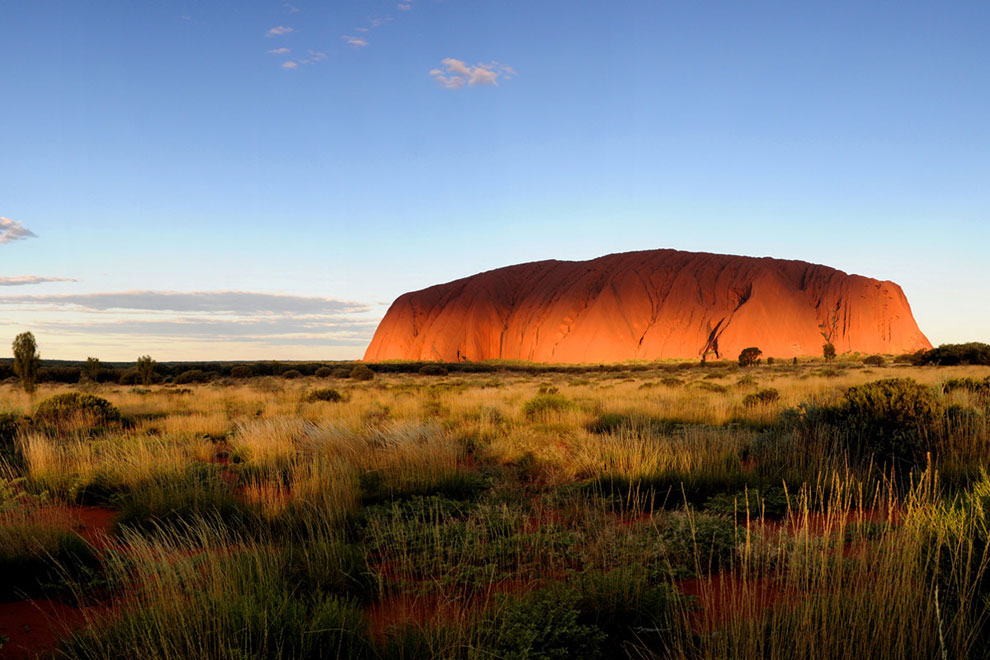Visitors to Uluru will no longer be able to climb on Uluru, a popular site sacred to indigenous people
Even though Australian authorities have put a sign at the rock’s base that politely reads: “Please don’t climb,” visitors have ignored it for decades.
On Wednesday, the board members of Uluru-Kata Tjuta National Park, that manages the popular site, also known as Ayers Rock, decided to stop requesting that visitors respect the landmark. Instead, they will demand it.
Starting from 2019, climbing Uluru, which is considered sacred to the region’s indigenous Anangu people, will be banned.
“It is an extremely important place,” said Sammy Wilson, an Indigenous community representative who sits on the park’s board and is what is known as a traditional owner. Uluru, he said, is “not a theme park like Disneyland.”
On October 26, 1985, the government returned the ownership of Uluru to the Anangu people, who agreed to lease the site back to the government. Both parties have been jointly managing it ever since that day.
For many years, Uluru has represented the struggle for Indigenous rights. Mr. Wilson added that some people in the government wanted to allow hikers climb it; however, “it’s not their law that lies in this land.”
Uluru-Kata Tjuta National Park is a Unesco World Heritage Site, and the traditional owners are afraid that hiking might damage the stone.
Last year, Sally Barnes, Australia’s director of national parks mentioned that it was a “significant moment for all Australians” that “marks a new chapter in our history.”
“It clearly says we put country and culture first when managing this place for all Australians and our visitors from around the world,” she said on Wednesday.
Source: nytimes.com




